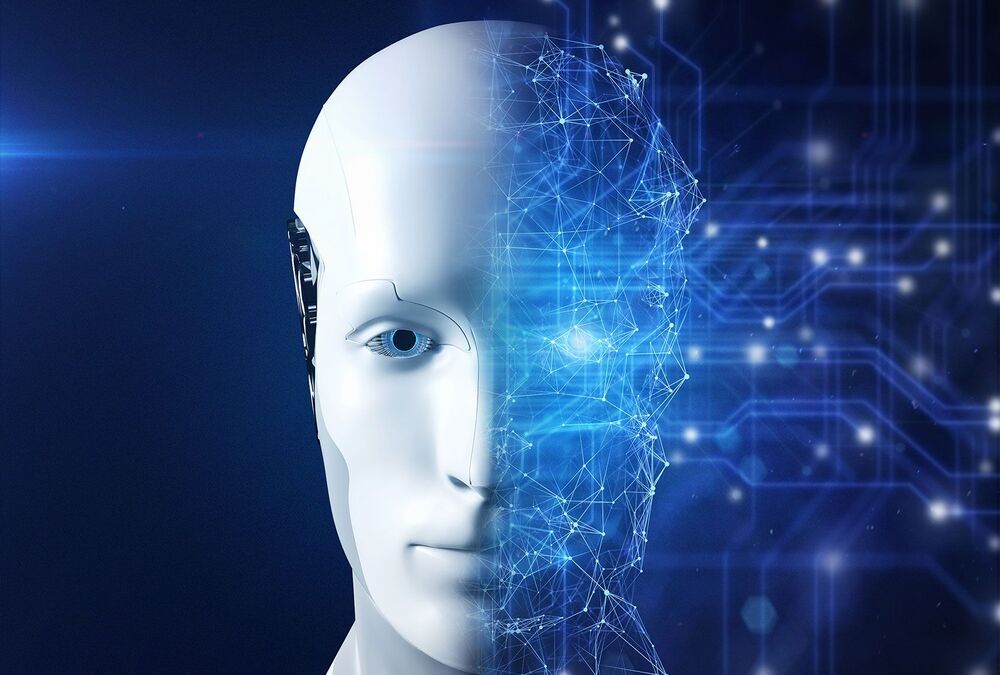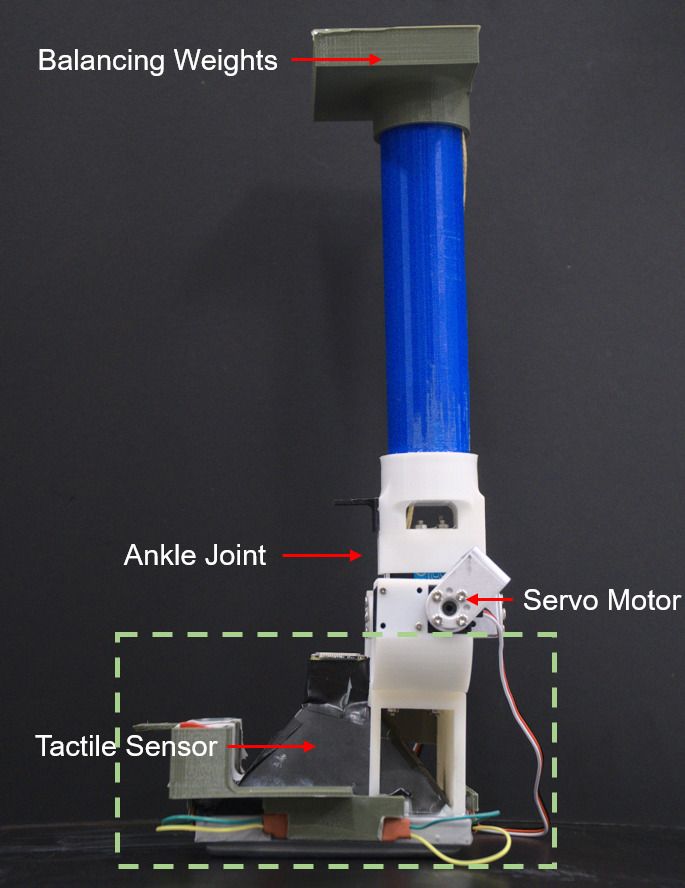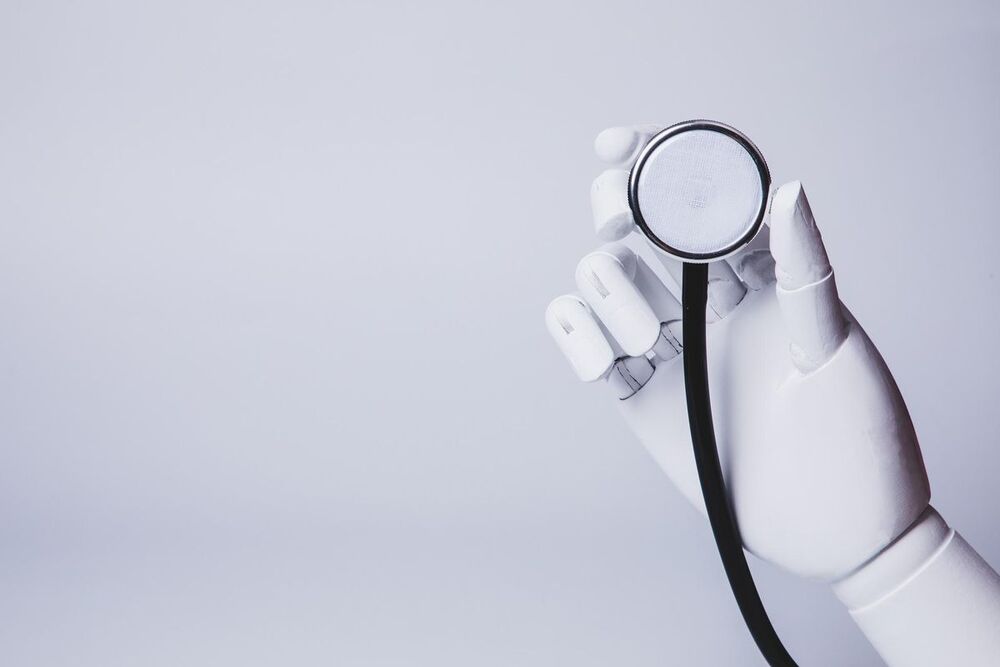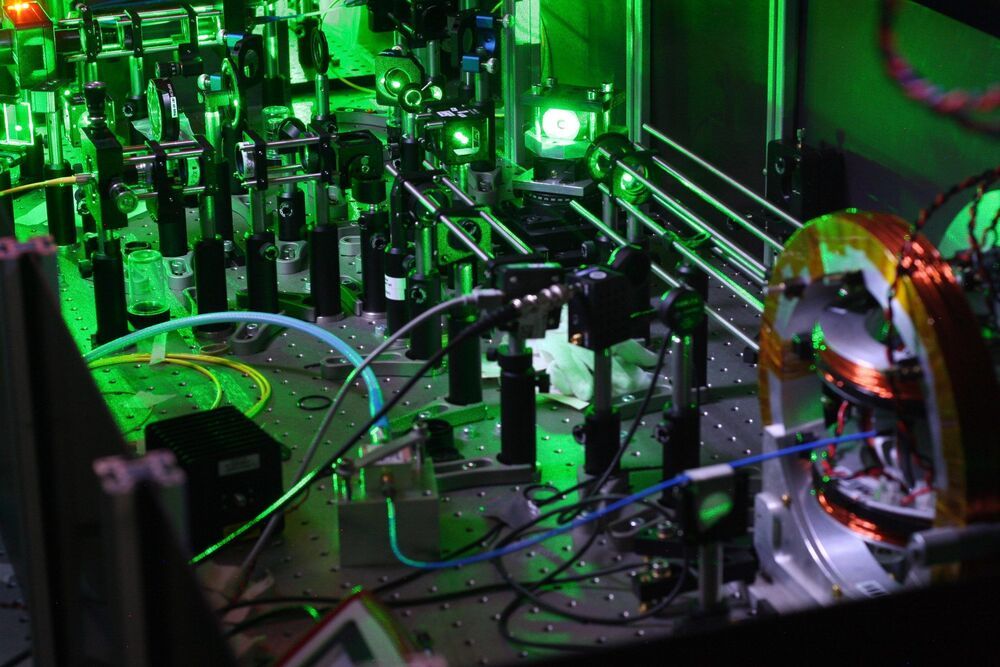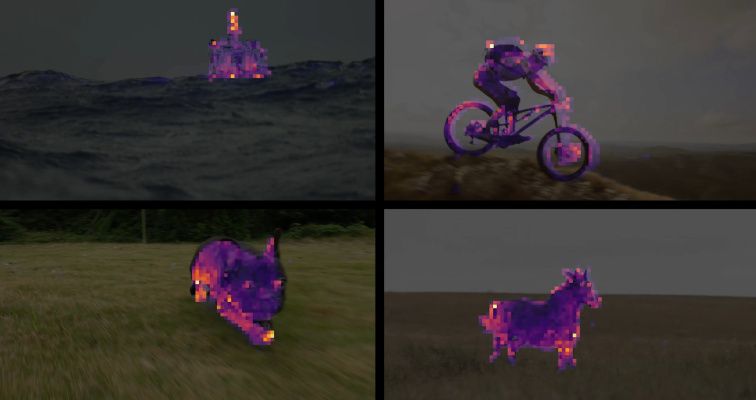Fully autonomous exploration and mapping of the unknown is a cutting-edge capability for commercial drones.
Drone autonomy is getting more and more impressive, but we’re starting to get to the point where it’s getting significantly more difficult to improve on existing capabilities. Companies like Skydio are selling (for cheap!) commercial drones that have no problem dynamically path planning around obstacles at high speeds while tracking you, which is pretty amazing, and it can also autonomously create 3D maps of structures. In both of these cases, there’s a human indirectly in the loop, either saying “follow me” or “map this specific thing.” In other words, the level of autonomous flight is very high, but there’s still some reliance on a human for high-level planning. Which, for what Skydio is doing, is totally fine and the right way to do it.

